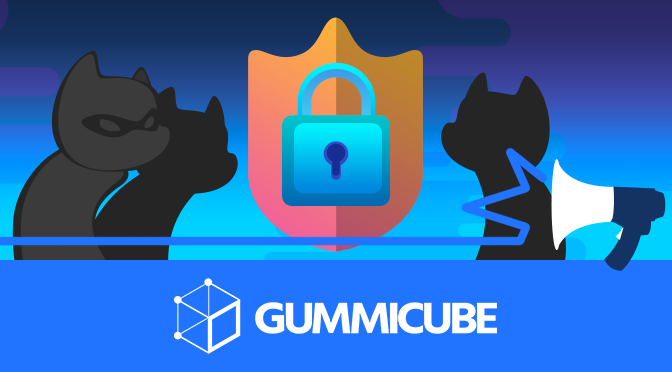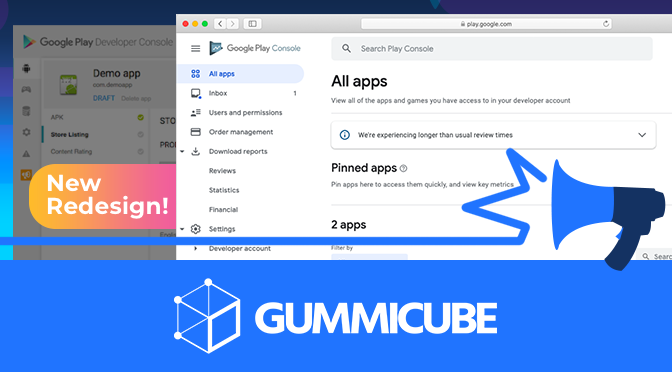
App Store Holiday Schedule 2020
Posted on November 23rd, 2020
When is the App Store Holiday Schedule 2020? Learn about the dates of this year's shutdown and how to prepare.

Apple has rolled out several changes to the App Store Review Guidelines, encompassing rules for advertising, gambling apps, VPNs and more. These changes may impact how several apps are built and marketed, so app developers should pay close attention to the changes and how it may impact their App Store Optimization.
The first change regards advertisements in apps intended for a young audience. According to the new guidelines:
"In order to help keep kids’ data private, apps in the kids category and apps intended for kids cannot include third-party advertising or analytics software and may not transmit data to third parties."
This means that, in addition to not collecting or sharing data, the apps cannot contain any advertising if they’re available on the iOS App Store. This is a step farther than Google Play’s policy, where ads are allowed but there are restrictions; the ads can only come from the Google Play certified ad networks, in addition to several other compliance guidelines.
A study from Reuters in 2018 fund that 95% of commonly downloaded apps targeted at kids contained at least one type of advertising, even if they’re labeled as educational. Those apps will need to remove their ads and find a new way to monetize or risk removal.
One of the biggest changes is for apps featuring real money gaming, lotteries or charitable donations. However, the ruling is directed at HTML5 games in apps, rather than all apps in general.
"HTML5 games distributed in apps may not provide access to real money gaming, lotteries, or charitable donations, and may not support digital commerce. This functionality is only appropriate for code that’s embedded in the binary and can be reviewed by Apple."
As such, apps that offer opportunities to win real money can still continue to exist on the App Store, so long as they’re built using embedded code. This keeps the functions solely within the programming of the app itself, so it can be checked and reviewed. Apps offering such games and functionality must check to ensure they’re built properly; this may take some time if the games currently use HTML5.
The new guidelines for Virtual Private Network (VPN) and Mobile Device Management (MDM) apps also add restrictions on access and use of sensitive data. VPN apps cannot sell, use, or disclose any data to third parties, while MDM apps must request the management capability and can only be offered by commercial enterprises.
Both guidelines have specific language regarding parental control apps; approved providers can use the NEVPNManager API or utilize MDM in approved cases. This is an important distinction, as Apple recently shut down several parental control apps for using MDM, a move that many claim was to reduce competition for the company’s own screen time management features.
While those were the biggest updates, there are several other changes to the App Store Review Guidelines, including:
While these only impact very specific apps, any apps within those categories should begin preparing to update as soon as possible. For instance, if a fitness app has a deal to help reduce health insurance premiums for users, it can no longer provide that unless it’s owned by the insurance company.
Shopping apps should check to ensure users cannot buy ammunition from their apps. Even if the app is a large marketplace, such as Amazon, eBay, or sporting goods stores, they should remove any sections that could facilitate such sales. However, that is only for the apps themselves – companies with apps can still continue to sell ammunition through their website or physical stores.
Apps have until September 3rd, 2019 to make these updates. Any not fully compliant by that time risk removal from the store, which would include losing their keyword rankings and indexation.
When apps are updated, they should ensure their App Store Optimization is up to date as well. For instance, if an exercise app can no longer offer certain benefits, it should find new screenshots to replace any old ones that claim it does. Shopping apps should check to make sure ammunition is not included in their descriptions or creative sets, although other hunting gear is still acceptable.
These changes can create big shifts in the App Store, but developers can prepare in advance and update their apps and ASO to keep up with the changes. Those that don’t will risk removal, but those that do can continue to advance and grow.
Want more information regarding App Store Optimization? Contact Gummicube and we’ll help get your strategy started.

When is the App Store Holiday Schedule 2020? Learn about the dates of this year's shutdown and how to prepare.

Apple's App Store Guidelines have strict privacy requirements. Developers now must provide information to users on the App Store listing regarding the data they access.

The Google Play Developer Console has been updated with a new design and adjusted tools. What's different, and how will it impact App Store Optimization?